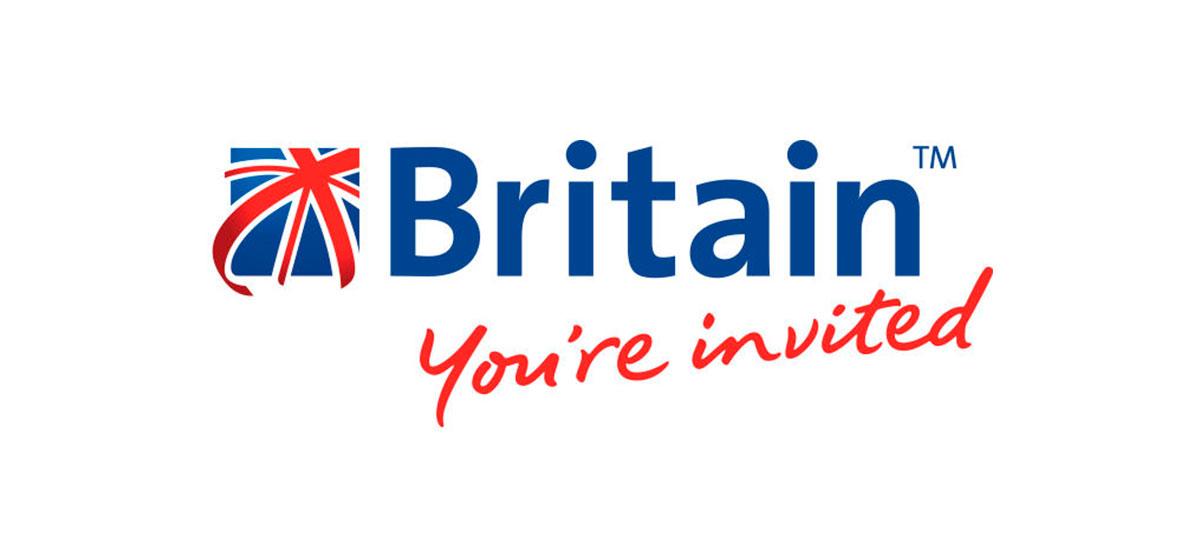With the spotlight on Britain in the run up to the Olympics, the recent riots have projected a worrying image to the world, and brands have inevitably been caught in the cross-fire. Looting from big name stores and associated damage won’t have too much impact on the bottom line of the big brands. Worse affected, of course, are the small businesses who now face long battles over insurance claims.
If the matter hadn’t been so serious, reportage could have been mistaken for a satiric comedy sketch: youths in hoodies raiding JJB Sports; a London community turning out to assist in the clean up operation raising their brooms in defiance against looters (anyone getting images of Mary Poppins?). A typically dogged show of British solidarity. ‘Operation Cup Of Tea’ took Twitter by storm (in part thanks to Stephen Fry’s support), as thousands responded to a request to post a picture of themselves at home with a brew rather than taking to the streets. The rioting and the public’s response illustrated two sides of life in modern Britain and a dissolution of our national identity.
But big brands have also been affected on a more indirect level.
Visit Britain’s ‘You’re Invited’ campaign, intended to welcome a worldwide audience to the wonderful city of London, was due to launch on the BBC’s international news channel during the rioting. It was put on hold for ten days but is now up and running.
Meanwhile, Levis’ first ever global advertising campaign, ‘Go Forth’, targeting young people and scheduled to appear on our TV screens in the same week, had to be cancelled. Containing scenes of a young man fronting up to a line of riot police (albeit out of passion for a cause), in the context of August’s events the advert could have been perceived as glamourising gang culture; the timing couldn’t have been worse.
Whether or not social media instigated the riots, there’s no denying that the episode has been testament to its growing power, even in the calling of troops in rioting and the support in the aftermath.
Blackberry came off worse still, with a leading blog suggesting that its free text messaging service was largely responsible for the spreading of the rioting. This assumption spread like wildfire, causing significant debate. Most people now seem to be in agreement that the rioting is symptomatic of a far more worrying social phenomenon than social media or mobile phone networks (although being a catalyst for action), but the episode hasn’t done much good for the Blackberry brand. No doubt Blackberry’s PR team is now busy with its own clean up operation.


